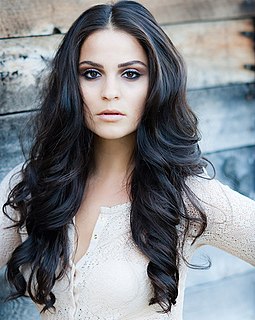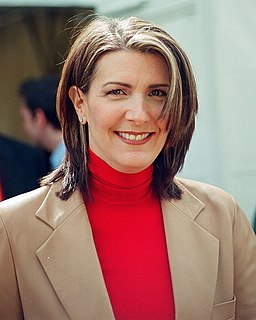A Quote by Shweta Tripathi
I don't want to draw from my own experiences in life. I first like to become the character and then think from her point of view.
Related Quotes
This is going to sound pretentious, but I like comedy that addresses something I find either worrisome or interesting in my life. I like Louis C.K.'s stuff or Bill Burr's stuff. I feel like there's comedy where someone will think of something that they think will work comedically, and then they reverse engineer that point of view so they can say that funny thing. The comedians I like, it could be an allusion, but it feels like their point of view comes first and then the jokes are a reflection of what they actually believe, or are frightened of, or are curious about, or are interested in.
I believe life experiences are what an actor needs to relate to the character roles they take on, and to say the least, I've had many experiences leading up to this moment. Not only have my experiences become a tremendous asset in my acting, but also they helped me discover who I am and who I want to be.
The way to rock oneself back into writing is this. First gentle exercise in the air. Second the reading of good literature. It is a mistake to think that literature can be produced from the raw. One must get out of life...one must become externalised; very, very concentrated, all at one point, not having to draw upon the scattered parts of one's character, living in the brain.
When you are writing, you have to love all your characters. If you're writing something from a minor character's point of view, you really need to stop and say the purpose of this character isn't to be somebody's sidekick or to come in and put the horse in the stable. The purpose of this character is you're getting a little window into that character's life and that character's day. You have to write them as if they're not a minor character, because they do have their own things going on.
The writer must always leave room for the characters to grow and change. If you move your characters from plot point to plot point, like painting by the numbers, they often remain stick figures. They will never take on a life of their own. The most exciting thing is when you find a character doing something surprising or unplanned. Like a character saying to me: ‘Hey, Richard, you may think I work for you, but I don’t. I’m my own person.’
The first thing that happens is the cleansing of the former character. I don't think a lot of actors talk about it, but there is usually a process where you essentially purge yourself of the character played prior to the movie. Then you want to think about what the character represents, and you write down all of the elements about this character and then take the time to find some synchronicity and start breathing the character.
If the point of life is the same as the point of a story, the point of life is character transformation. If I got any comfort as I set out on my first story, it was that in nearly every story, the protagonist is transformed. He's a jerk at the beginning and nice at the end, or a coward at the beginning and brave at the end. If the character doesn't change, the story hasn't happened yet. And if story is derived from real life, if story is just condensed version of life then life itself may be designed to change us so that we evolve from one kind of person to another.
I've always wondered if people who block each other from expressing their opinions do so because they have so little confidence in their own. To me, encountering an opposing point of view is a chance to gain a deeper understanding of the issues at stake and develop my own point of view. But the first thing you've got to do is you've got to let people speak and you've got to listen. And that's what the first amendment is all about. That's what really distinguishes this country from others.
I think it's my job to like any character I play - to understand and appreciate a character, to look at the world as much as possible from their point of view. I don't look at it just technically: learn the lines, figure out what gestures I want to bring and play, and that's it. I like to learn as much as I can about the person, and see what happens.
Sally Barris has a voice like sparkling crystal. You could have knocked me over with a feather the first time I heard her. Her writing is from a deep, yet innocent, place and her point of view is just a bit off center. I am excited for her, she is standing at the beginning of her journey in this town, with all of it ahead of her. It reminds me of the first time I heard Beth Nielson-Chapman or Nanci Griffith. It's going to be fun to watch.




































